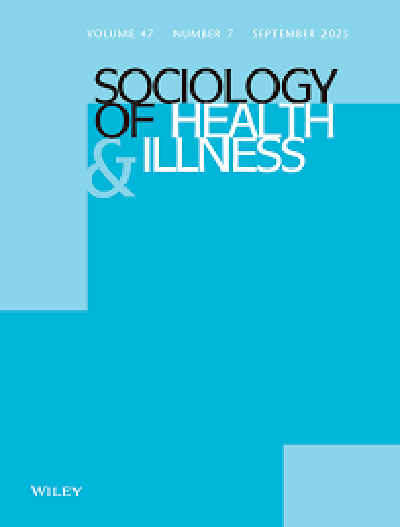Research › Peer-Reviewed Papers
The moral force of guidelines: How surgeons use evidence-based medicine to curb their interventionism
Clay Davis · Sociology of Health & Illness ↗ · 47(8) ·
Abstract
The epistemology of evidence-based medicine (EBM) is said to clash with the culture of surgery: EBM demands contemplation, whereas surgeons prize decisive, and even heroic, action. How, then, have surgeons come to embrace ЕВМ? To answer this question, I analysed evidence-based clinical practice guidelines (CPGs) and interviewed 15 attending surgeons at an academic medical centre in the United States. I find that surgeons use EBM to reconcile their interventionism with the changing demands made by their peers, patients, and payers in three moments that take place before, during, and after surgery, respectively. The first moment occurs at professional conferences where surgeons interpret ambiguous evidence in favour of action, embedding their instincts into EBM. The second moment unfolds in the clinic, where surgeons use EBM to communicate probabilistic risks to patients who expect surgeons to operate. The third moment transpires during recovery, when surgeons deploy EBM to shift the responsibility for action to paraprofessionals in line with payers’ goal of shortening patients’ hospitalizations. These findings challenge the notion that EBM merely standardises healthcare, rationalises patients’ decisions or disciplines practitioners. Instead, I argue that evidence-based CPGs are not only epistemic tools but moral ones that surgeons use to prompt, forestall and delegate action.
Citation
Davis, C. (2025). The moral force of guidelines: How surgeons use evidence-based medicine to curb their interventionism. Sociology of Health & Illness. https://doi.org/10.1111/1467-9566.70089
